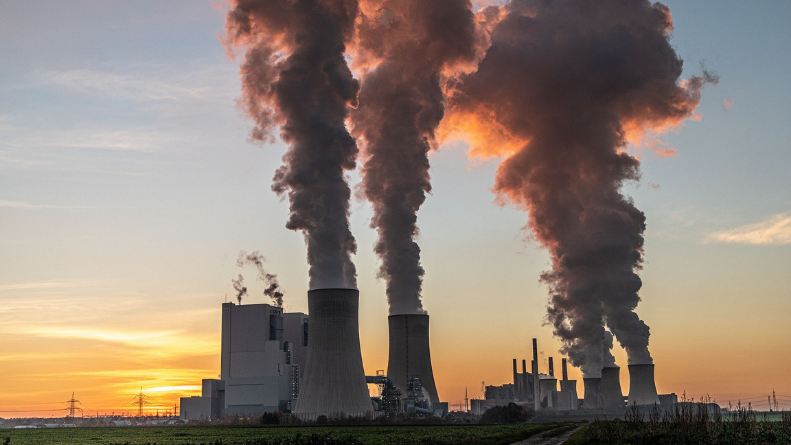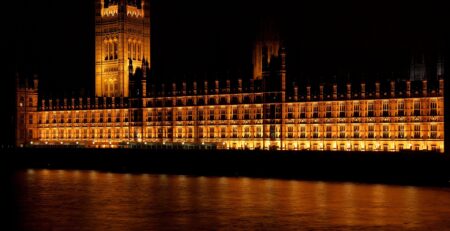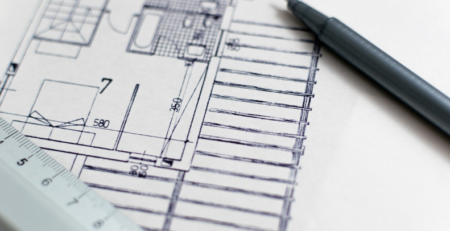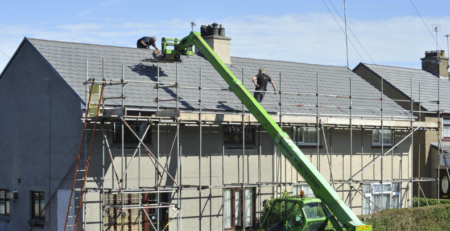What Does Net Zero Emissions Mean for Homeowners?
In response to the changing climate, the UK has set an ambitious target of achieving net zero emissions by 2050. This will have an impact on every sector of the UK economy and activity carried out in the UK, including homeownership.
Homeowners will have a role to play in reducing emissions since about 14% of the UK’s emissions derive from us all heating our homes, a significant contribution. In practical terms, this will require homeowners to make changes in their homes to improve energy efficiency and prevent energy wastage.
Homeowners can download a copy of the UK Government’s Net Zero Strategy, which will provide a useful insight into the UK’s plan to reduce emissions and improve energy efficiency with roadmaps for industries. Along with this, the government also produced the Heat and Buildings Strategy, which sets out “how the UK will decarbonise our homes, and our commercial, industrial, and public sector buildings, as part of setting a path to net zero by 2050.”
Key Points for the Net Zero Strategy
By 2035, all heating appliances in the UK are to be low carbon. However, according to the Heat and Building Strategy, while there will probably not be a universal gas boiler ban, there will still be a transition encouraged to more energy efficient home heating via incentives to consumers.
Furthermore, after the deadline of 2030, you will no longer be able to buy a new petrol or diesel car in the UK. To help consumers transition over, there will be a £620 funding grant for the purpose of buying zero-emission vehicles. During the pandemic, we heard about things that may become the “new normal.” Charging electric cars at home is certainly one of those new normal things we will all be doing in the near future.
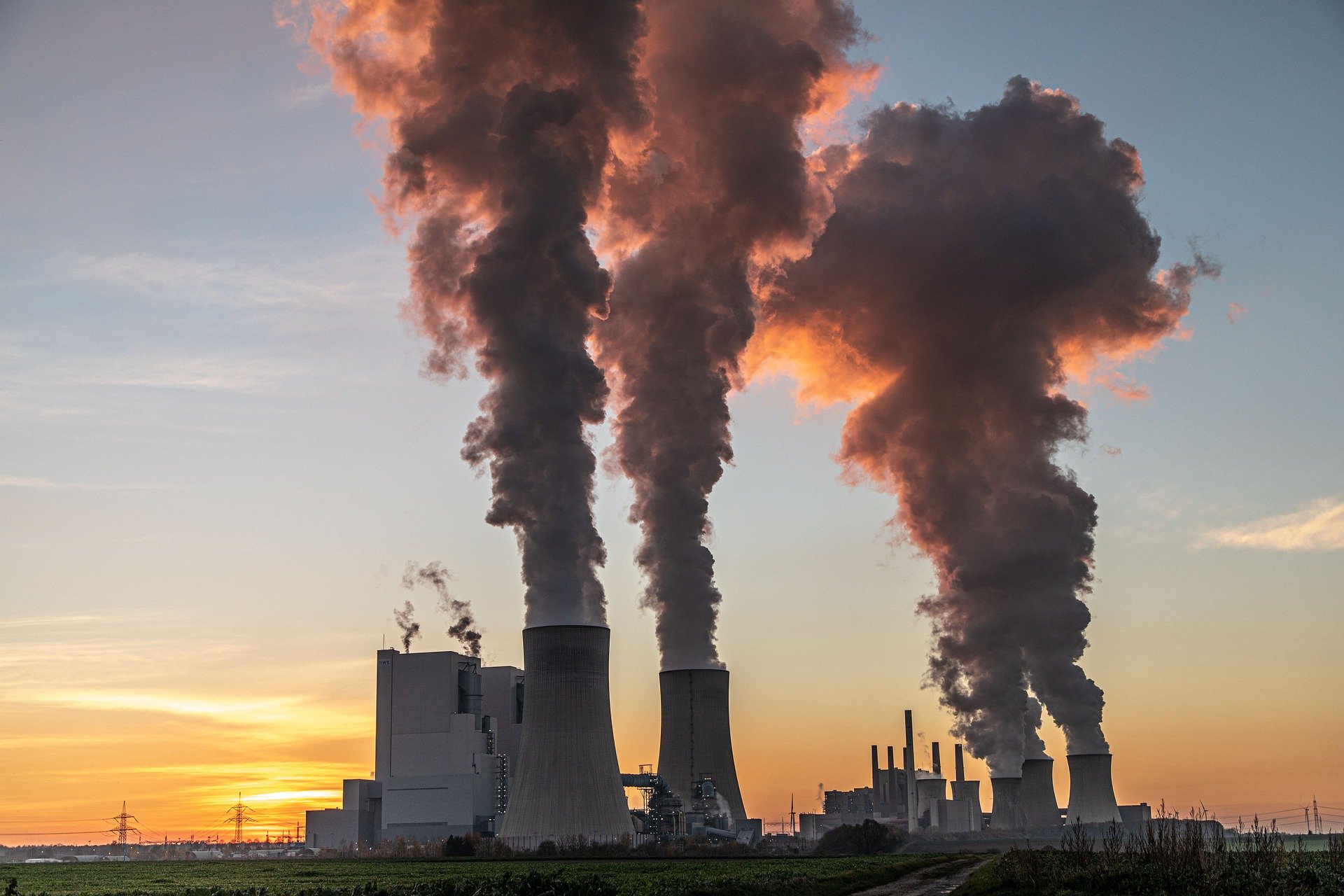
So, you’re probably wondering how each household will be financially impacted by this transition in which we’ll all be involved. According to a Treasury review, at this point, it’s not easy to forecast what the impact will be.
From the government’s side of the strategy, they have also pledged the following to help meet reduction targets:
- By 2030, to deliver 40GW of offshore wind output
- By 2030, to deliver 5GW of hydrogen production capacity and halve oil and gas emissions
- £2 billion investment to achieve 50% of journeys in towns and cities to be cycled or walked
- To invest an extra £625m in tree-planting. This will help with a carbon sink and improve air quality.
A few words about what net zero means to help clarify any misunderstanding. To achieve net zero means achieving a balance between the carbon we emit into the environment and the carbon we remove from it. In other words, the more we can remove from the atmosphere (for example, by planting trees), the more our emissions are offset.
Achieving net zero emissions within the target timeline will be a real challenge for all UK homeowners and industries, but it is a challenge that we must succeed at. A huge reduction in emissions from our homes and businesses will play a significant part. Homeowners will need to ensure that they make the necessary changes to improve energy efficiency, such as installing a heat pump or hydrogen boiler.
Car manufacturers, businesses, and agriculture will all have to change. For example, farmers will need to develop and implement food production methods that are low in carbon and improve their management practices.
Homeowners
The energy efficiency transition means that for homeowners, most UK homes will have to be retrofitted in some capacity in order to meet the UK targets and requirements. Anticipating this, the Government is expected to launch its Energy White Paper initiative, which sets out the retrofitting of UK homes to more energy efficient methods.
At present – though this may change – there’s no legal requirement to compel homeowners to retrofit their homes, but there are ways in which they can voluntarily improve their energy efficiency. This will also benefit them with reduced energy bills, something that is on many people’s minds at present with the increasing rise in energy prices.
Such changes include things like installing heat pumps, solar panels, and triple glazed windows. You could also improve draught-proofing and implement smart technologies such as smart thermostats.
The government has announced a raft of plans that are designed to help the UK meet its net zero target by 2050, and these plans will affect UK homeowners. But what financial support can homeowners expect to receive from the government?
Financial Help for Homeowners
There will be an upfront contest for homeowners with net zero targets, and so the government has set out several schemes that homeowners can take advantage of, such as:
Boiler Upgrade Scheme: This scheme allows homeowners to apply for a £6,000 grant to help them install low-carbon heating systems.
ARE YOU READY TO START INVESTING?
Subscribe to our mailing list now for exclusive deals, investment guides and the latest information from the property market.

